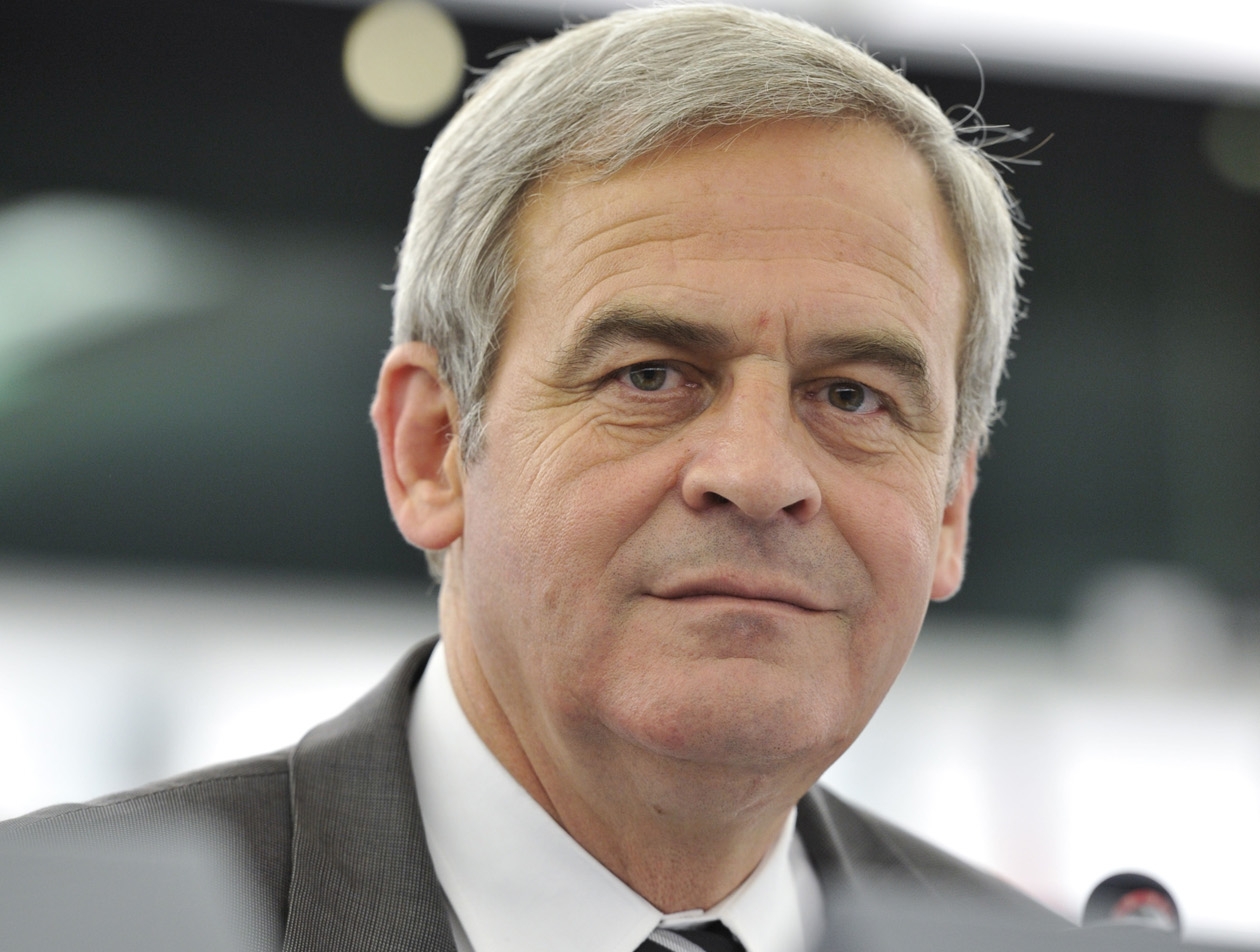
Integration without collective rights and self-determination is a hotbed of assimilation, the former bishop warned at Tusványos Summer University.Continue reading

The Romanian Supreme Court has ruled that László Tőkés’s action seeking the annulment of a presidential decree revoking his Romanian state decoration was unfounded; the decision, which also rejected the reimbursement of legal costs sought by the Romanian president’s office, is final.
The ruling, cited by Agerpres news agency on Wednesday, comes less than a year after the Bucharest Trial Court rejected László Tőkés’s action to annul the presidential decree revoking his award of the Order of the Star of Romania for the second time.
The EMNT (Hungarian National Council of Transylvania) president was awarded the knighthood of the Order of the Star of Romania by President Traian Băsescu on the 20th anniversary of the 1989 Timisoara Revolution, for his role in the revolution that led to the fall of the Ceaușescu dictatorship.
However, this award was revoked by Klaus Johannis in March 2016.
The revocation of the award was initiated by Prime Minister Victor Ponta, a politician known for his Hungarophobic outbursts, in 2013, after László Tőkés suggested in a lecture in Tusnad that Hungary should assume a “protective power” role for Transylvania, as Austria did for South Tyrol.
Lawyer Előd Kincses revealed on Wednesday that the case will be referred to the European Court of Human Rights, as human rights values have been violated, which it strictly protects. “László Tőkés has been deprived of the Order of the Star of Romania for expressing his opinion,” the lawyer said, adding that the decision is a disgrace to the rule of law in Romania.
He recalled that the revocation of the medal was proposed, along with others, by Social Democratic Party politicians Ecaterina Andronescu and Gabriela Firea, who are members of the Order of the Star of Romania’s Court of Honor, who despite the Tőkés’ protests, participated in the adoption of their own proposal. “So they were prosecutors and judges at the same time, which is totally unacceptable,” pointed out Kincses.
He also recalled that the right of defense was also seriously violated, as he was not allowed to represent Tőkés as a lawyer at the Court of Honor.
After presenting to the Court of Honor the authorization of the National Bar Association to represent Tőkés as his lawyer, Mircea Geoană, a social-democrat politician and current NATO Deputy Secretary General, said that he could stay but could not speak, so he and his client got up and left,” Kincses recalled.
“So these are absolute grounds for annulment, which is why in seven years there has never been a panel of judges to examine these two objections, they found all kinds of excuses,” the lawyer said, adding that he was surprised by the Supreme Court’s decision and that the case would be taken to the European Court of Human Rights.
In October 2022, the High Court found that it was not competent to examine the presidential decree stripping Tőkés of his medal. The lawyer called the ruling strange because the same panel had already examined and ruled on it once before, but the Supreme Court did not accept that ruling and sent the case back to the first instance, asking the panel to reconsider it. “This also means that the decision of the Supreme Court has not been implemented,”
the lawyer said.
He added that if the High Court is consistent, it will send it back to the first instance again. The lawyer then called attention to the fact that the Romanian judiciary was waiting for the end of Klaus Johannis’ presidential mandate to deliver a verdict that would certainly be unfavorable to the head of state. In his view, it is clear that the presidential decree is illegal, because the law governing the award of medals allows for the withdrawal of recognition in only two cases, neither of which is the case. The medal must be withdrawn if the recipient has been sentenced to imprisonment with a final sentence or if he commits acts that make him unworthy of recognition. However, Tőkés’s medal was not revoked because of his actions, but because of an expression of opinion, whereas freedom of expression is guaranteed by the constitution.
Via: kronika.ro; Featured image: László Tőkés / Wikipedia